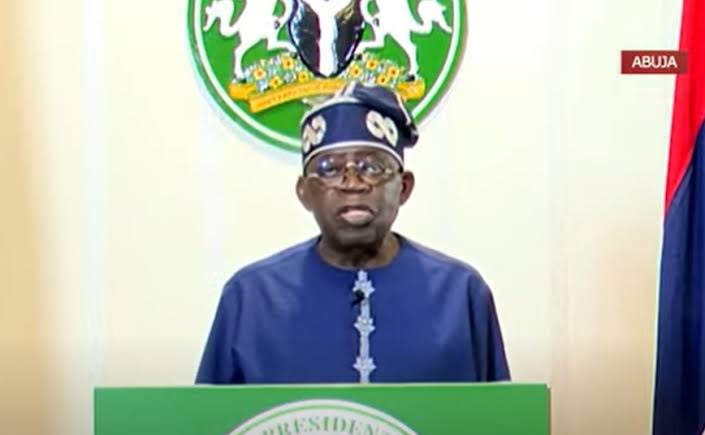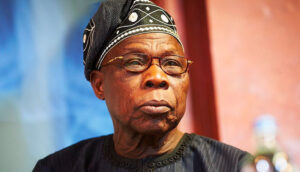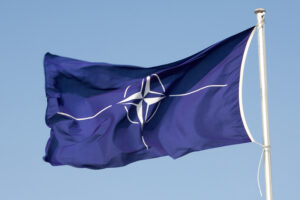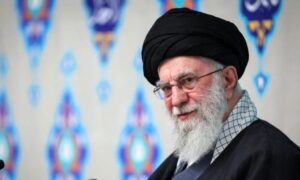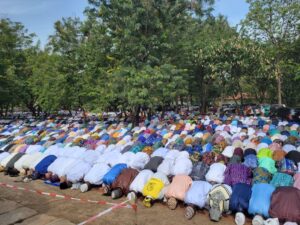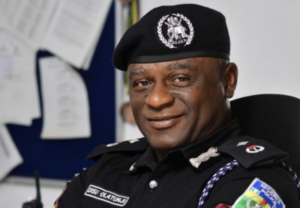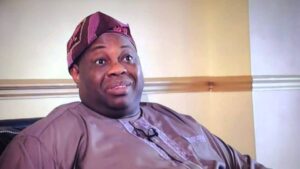President Bola Tinubu’s recent address to the nation concerning the ongoing protests against economic hardships has sparked significant criticism. The nationwide protests, which began on August 1, have involved demonstrations in various states, with some escalating into violence and resulting in both deaths and injuries.
In his speech, Tinubu acknowledged the hardships faced by Nigerians and urged protesters to engage in dialogue rather than continue their demonstrations. He highlighted the government’s efforts, including the release of N570 billion to support livelihoods and the provision of nano grants to small businesses. Tinubu also reiterated his stance against reinstating the fuel subsidy, introducing the Compress Natural Gas (CNG) initiative to reduce transportation costs.
However, many stakeholders have expressed disappointment with the president’s response. According to INFOLAND, President Tinubu’s speech did not address several key demands made by the protesters. The demands included cutting the Senate, increasing the minimum wage to N250,000, releasing political detainees, ending banditry and terrorism, reforming security agencies, and improving the judiciary.
Yerima Shettima, President General of the Arewa Youths Consultative Forum, criticized Tinubu for failing to address the severe insecurity issues in Northern Nigeria and for not taking measures to cut the cost of governance. Shettima suggested that a state of emergency should be declared in the most affected northern states to address the security crisis effectively.
Yunusa Tanko, spokesman for Peter Obi, former Labour Party presidential candidate, also criticized Tinubu’s speech. Tanko felt that the address lacked actionable solutions, particularly regarding the high cost of living and the need for agricultural support in northern Nigeria. He argued that the president’s speech was filled with rhetoric but failed to provide practical measures to alleviate the economic crisis.
Dele Momodu, publisher of Ovation Magazine, expressed shock at the content of Tinubu’s speech. Momodu noted that the address failed to offer any significant concessions or solutions to the protesters’ demands and attributed the situation to Tinubu’s reliance on a long-standing approach that may not be effective in addressing current issues.
Despite the president’s appeal for dialogue and the concerns raised by security agencies, the organizers of the EndBadGovernance protests have vowed to continue their demonstrations. Omoleye Sowore, presidential candidate of the African Action Congress in the 2023 election, stated that the protests will persist until the government addresses the demands outlined by the protesters. He indicated that if the issues are not resolved within ten days, the protests might continue indefinitely.
In response to the violence and looting that have accompanied the protests, the Nigerian military has announced its readiness to intervene if the situation worsens. Chief of Defence Staff Gen. Christopher Musa urged Nigerians to avoid further destruction and emphasized the need for unity during these challenging times.
As the protests continue, the pressure on the government to address the protesters’ demands remains high, with many waiting to see whether the administration will make substantial changes in response to the ongoing demonstrations.
